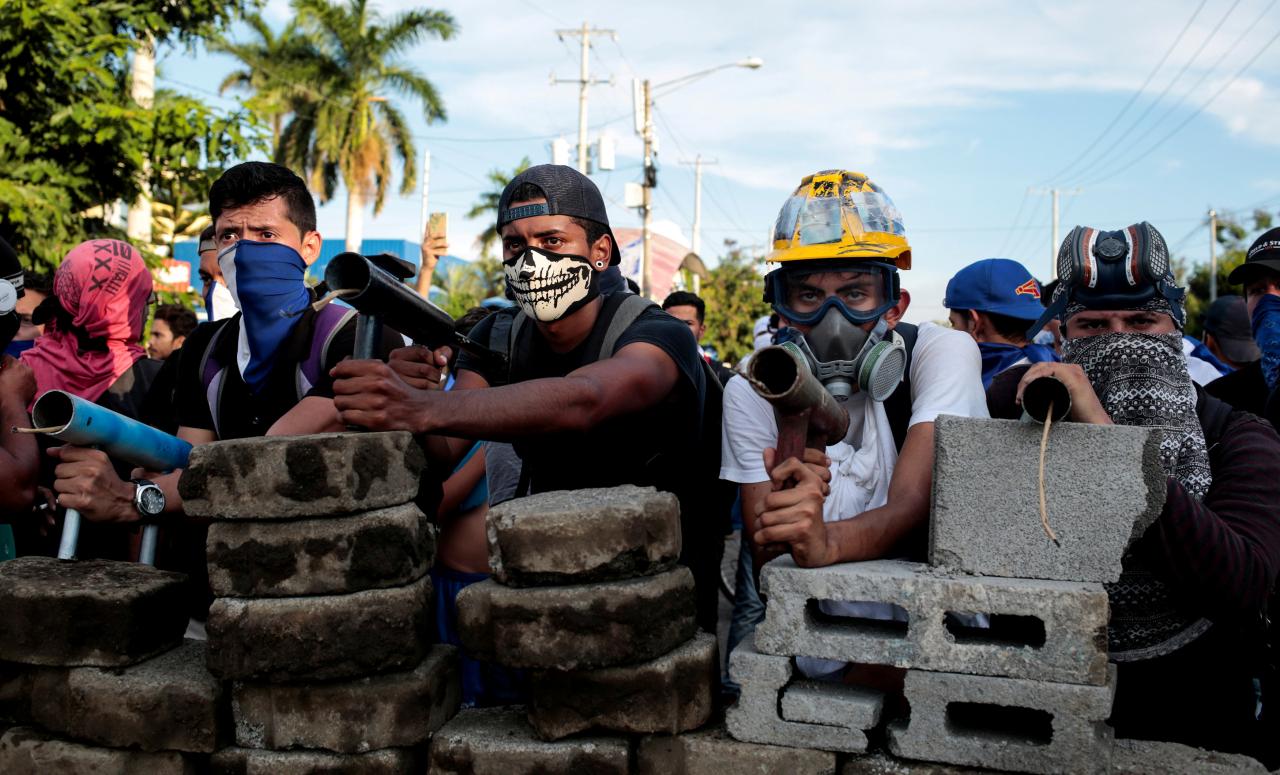
The US "ordered the departure of non-emergency US government personnel" and urged citizens to reconsider traveling to Nicaragua due to "crime, civil unrest, and limited healthcare availability," according to a statement. "Heavily armed, government-controlled parapolice forces in civilian clothing, sometimes numbering in the hundreds, operate in large parts of the country, including Managua," it warned, also advising citizens to avoid demonstrations, which began in April.
Three dead in Nicaragua clashes as US slaps sanctions on government
Protesters are demanding elections be brought forward, or the resignation of President Daniel Ortega, whom they accuse of establishing a dictatorship with his wife and vice president Rosario Murillo. The Nicaraguan government is planning a march for Saturday afternoon, while the opposition Civic Alliance called for a demonstration next Thursday followed by a 24-hour national strike on Friday.
After demonstrations first began, the US ordered relatives of diplomatic staff to leave. It has also cranked up its own pressure on Ortega to make progress in struggling peace negotiations. The US Treasury put National Police Commissioner Francisco Javier Diaz Madriz and Fidel Antonio Moreno Briones, secretary of the Managua mayor's office, on its financial blacklist, citing their roles in killings and beatings of anti-government protesters.
Also sanctioned was Jose Francisco Lopez Centeno, an oil executive the US Treasury alleged had siphoned off millions of dollars from two government-linked companies for his own benefit and that of Nicaragua's leaders.

















COMMENTS
Comments are moderated and generally will be posted if they are on-topic and not abusive.
For more information, please see our Comments FAQ